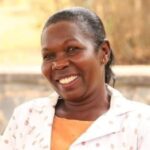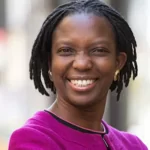Seventy years ago, States came together to draft the 1951 Convention Relating to the Status of Refugees. The Convention sets out the rights of individuals who are granted asylum and the responsibilities of nations that grant asylum, however its application has remained controversial and difficult to enforce. The United Nations High Commissioner for Refugees (UNHCR) has supervisory responsibilities but cannot enforce the Convention, and there is no formal mechanism for individuals to file complaints.
The Government of Uganda has been applauded for maintaining its open door policy of granting asylum to people fleeing war and insecurity. Uganda is currently hosting close to 1.5 million refugees, making it the largest refugee hosting country in Africa and the fourth largest in the world. Amongst the refugees, around 83 percent are women and children. Uganda’s long-standing openness was once again in the spotlight, with the decision to temporarily host 2,000 Afghan refugees.
Uganda isn’t alone – developing countries host 86 percent of the world’s refugees. Other wealthier States, even before the pandemic, chose to close their doors to refugees. In 2015, the tragic image of two-year-old Syrian Alan Kurdi lying face down on a Turkish beach after drowning in a failed sea crossing to Europe caused global outrage, yet did little in terms of impacting State’s policies.
As the COVID-19 pandemic shook the world in 2020, the world went into lockdown and resulted in increasing unwillingness to meet the obligations set out in the 1951 Convention – often citing the need to address domestic concerns. Ultimately: How do states instrumentalize the “refugee question” in the interest of their domestic and international agenda?





